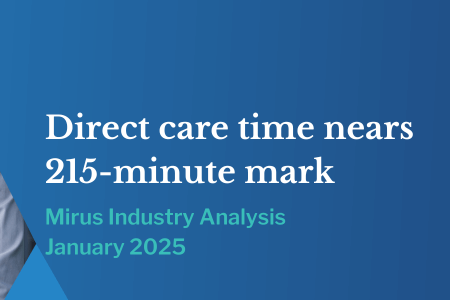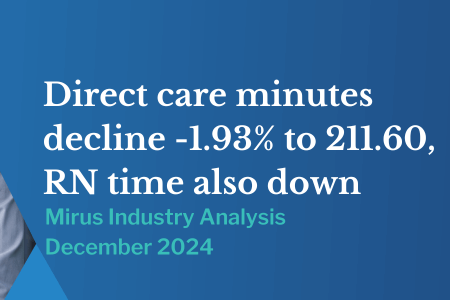7 considerations for your Restrictive Practice and Behaviour Support plans
September 29, 2021 | Aged Care Management

Aged care providers need to demonstrate how their behaviour support plans and restrictive practices align to new legislation that came into effect on 1 September 2021.
As set out in the Quality of Care Principles 2014, restrictive practices or interventions that are restrictive practices in relation to a care recipient include:
- Chemical restraint
- Environmental restraint
- Mechanical restraint
- Physical restraint
- Seclusion
To demonstrate compliance with the Aged Care Act 1997 and the Principles, providers need to consider how their care recipient documentation, governance framework, policies and procedures align to the legislation which came into effect on 1 September 2021.
The key considerations for Restrictive Practice and Behaviour Support plans
- Have you reviewed your governance framework regarding restrictive practice and behaviour support plans?
- Does your governance framework include independent auditing?
- Have you reviewed, updated and evaluated current policies and procedures?
- Have you provided education to your workforce on regulatory compliance regarding legislative changes?
- Have you developed a behaviour support plan in consultation with each care recipient and/or their chosen representative who exhibits behaviours of concern, has changed behaviours or who has a restrictive practice considered, applied or used as part of their plan of care; and
- Does the behaviour support plan contain the required information set out in the Principles?
- Have you undertaken key risk auditing to identify gaps, risk and workforce skills?
The Principles set out information that is required to be included in behaviour support plans for care recipients who exhibit behaviours of concern or changed behaviours. There are additional information requirements for care recipients who have restrictive practices considered, applied or are used and have been assessed as necessary. Further information on this can be found within the Principles.
When we consider the information which MUST be included in our behaviour support plans, we understand that these legislative requirements will involve significant workforce time to ensure compliance.
To ensure compliance and reduce your administrative burden
We partner with you to ensure you have:
- Robust governance frameworks
- Independent quality auditing for risk mitigation
- Capacity support to develop personalised care services and behaviour support plans
- Ensure compliance and mitigate risk to your care recipients, home and workforce
Mirus has worked with numerous providers with assessments, care and service plan development to ensure compliance, improve workforce skills and improve consumer outcomes. Our Quality, Risk and Compliance team are here to help.


